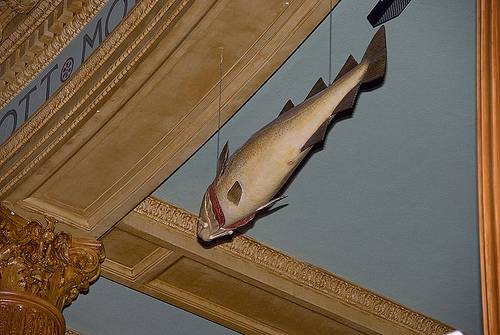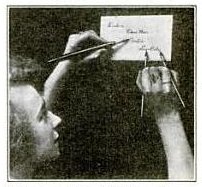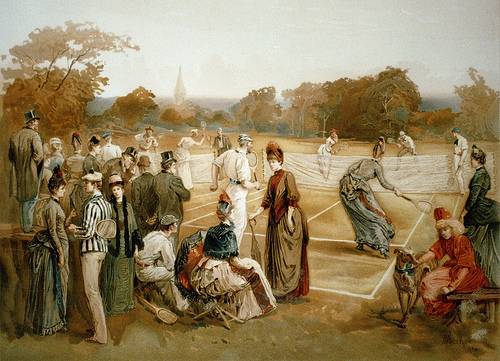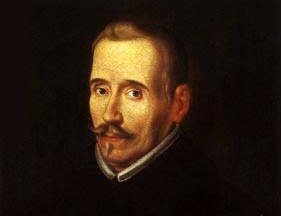
The 14th Lord Berners, Gerald Tyrwhitt-Wilson (1883-1950), was either eccentric or poetic-minded — he used to dye the pigeons at his Faringdon manor house so that when released they became, in Nancy Mitford’s phrase, “a cloud of confetti in the sky.”
Berners also kept a giraffe, installed a piano in his Rolls Royce, and once received Penelope Betjeman’s horse into his drawing room for tea. When a Miss Lobb complained that a tower erected on his Oxfordshire estate would invite suicides, he nailed up a notice: “Members of the Public committing suicide from this tower do so at their own risk.”





